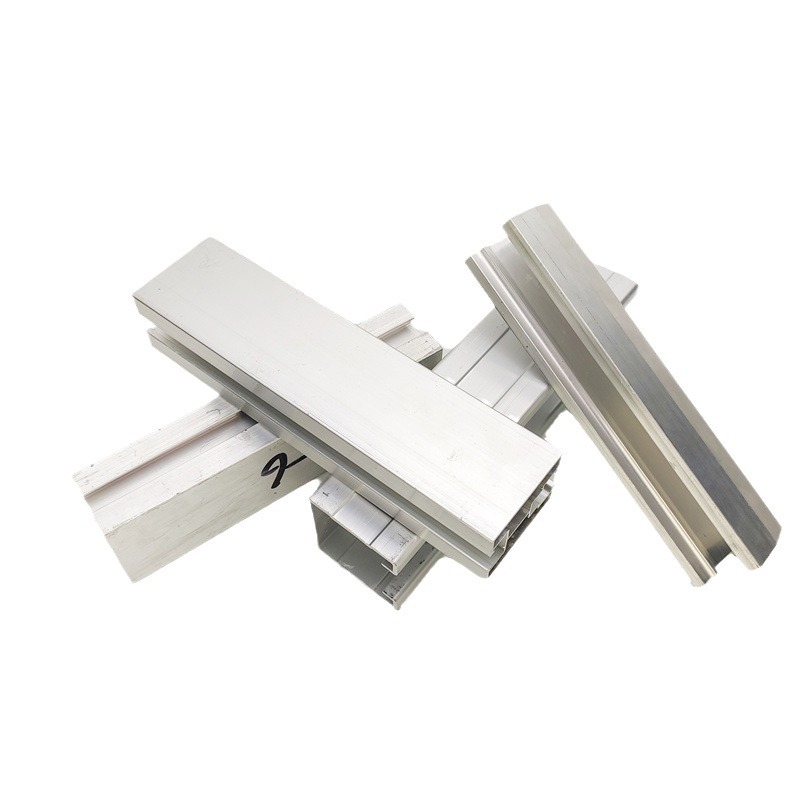

hex bolts and nuts
Oct . 11, 2024 05:11 Back to list
hex bolts and nuts
Understanding Hex Bolts and Nuts A Comprehensive Guide
Hex bolts and nuts are critical components in countless structural and mechanical applications. Their robust design and reliable fastening capabilities make them indispensable in the construction, automotive, and machinery sectors. In this article, we will delve into the specifics of hex bolts and nuts, exploring their design, types, applications, and installation techniques.
What Are Hex Bolts?
Hex bolts are fasteners characterized by their hexagonal heads and smooth, cylindrical shanks. They are typically made of steel, stainless steel, or other alloys, which provides them with strength and durability. The hexagonal shape of the head enables easy tightening and loosening with a wrench, which is a significant advantage over other fastener types. Hex bolts are available in various sizes and grades, allowing for a broad range of applications.
Types of Hex Bolts
Hex bolts can be classified into several types based on their design features
1. Fully Threaded Hex Bolts These bolts have threads covering their entire length, making them suitable for applications requiring maximum grip and engagement.
2. Partially Threaded Hex Bolts These bolts have threads only on part of the shank, allowing for a larger unthreaded section that provides structural integrity and support.
3. Structural Hex Bolts Designed for high-stress applications, these bolts meet stringent strength requirements. They are often used in construction and heavy machinery.
4. Carriage Bolts Although not true hex bolts, carriage bolts feature a smooth, rounded head and square neck, preventing them from turning as nuts are tightened.
What Are Hex Nuts?
Hex nuts are hexagon-shaped fasteners that have an internal thread and are used in conjunction with hex bolts. Their primary purpose is to secure and tighten the assembly of components, holding everything together. Like hex bolts, these nuts come in various sizes, materials, and grades to accommodate different applications.
Types of Hex Nuts
Hex nuts also vary in design and function
1. Regular Hex Nuts The most common type, used broadly in general fastening applications.
2. Lock Nuts These nuts provide additional resistance against loosening due to vibration. They are designed with specialized features such as nylon inserts or serrated surfaces.
hex bolts and nuts

3. Flange Nuts With an integral flange that acts as a washer, these nuts distribute the load more evenly, reducing the risk of damage to the connected components.
4. Jam Nuts Thin nuts that can be used in conjunction with regular hex nuts to prevent loosening.
Applications of Hex Bolts and Nuts
Hex bolts and nuts are used across various industries, including
- Construction In building structures, bridges, and heavy machinery where strength and durability are paramount. - Automotive For securing critical components in vehicles, ranging from engine assemblies to bodywork. - Manufacturing In machinery construction, equipment assembly, and production lines.
- Home Improvement For furniture assembly, mounting fixtures, or outdoor structures such as decks and patios.
Installation Techniques
Proper installation of hex bolts and nuts is essential for ensuring structural integrity and safety. Here are some key tips for proper installation
1. Preparation Ensure surfaces are clean and free of debris before fastening.
2. Alignment Align the holes of the components being fastened to avoid cross-threading.
3. Torque Specifications Use a torque wrench to tighten the bolts to the manufacturer’s specified torque settings, preventing overtightening or loosening.
4. Lubrication In high-stress applications, lubricating the threads can minimize friction and prevent galling.
5. Regular Maintenance Periodically check bolts and nuts for corrosion, wear, or loosening to ensure long-term performance.
Conclusion
Hex bolts and nuts are vital components that play a significant role in various applications, allowing for secure and reliable assemblies. Understanding their types, applications, and proper installation techniques is crucial for anyone involved in mechanical or construction industries. With careful selection and application, hex bolts and nuts can provide safe and enduring performance that meets the demands of modern engineering.
Latest news
-
Hot Dip Galvanized Bolts-Hebei Longze|Corrosion Resistance&High Strength
NewsJul.30,2025
-
High-Strength Hot-Dip Galvanized Bolts-Hebei Longze|Corrosion Resistance&High Strength
NewsJul.30,2025
-
Hot Dip Galvanized Bolts-Hebei Longze|Corrosion Resistance&High Strength
NewsJul.30,2025
-
Hot Dip Galvanized Bolts - Hebei Longze | Corrosion Resistance, High Strength
NewsJul.30,2025
-
High-Strength Hot Dip Galvanized Bolts-Hebei Longze|Corrosion Resistance, Grade 8.8
NewsJul.30,2025
-
Hot Dip Galvanized Bolts-Hebei Longze|Corrosion Resistance,High Strength
NewsJul.29,2025

